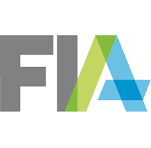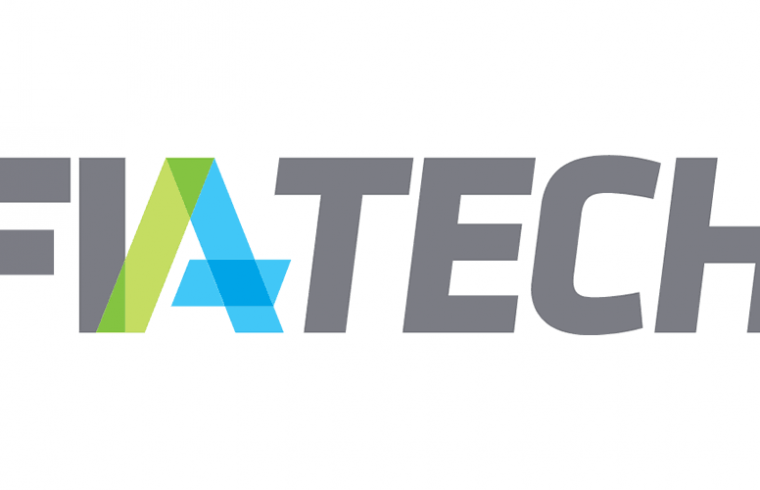 The top regulator in Europe and the head of the futures industry trade group both crossed paths thirty years ago in college.
The top regulator in Europe and the head of the futures industry trade group both crossed paths thirty years ago in college.
Walt Lukken is the Chief Executive Officer (CEO) of the Financial Industry Association (FIA).
The FIA is “the leading global trade organization for the futures, options and centrally cleared derivatives markets, with offices in Brussels, London, Singapore and Washington, D.C.,” according to FIA’s website.
Steven Maijoor is the Chair of the European Securities and Market Authority (ESMA).
ESMA is “an independent EU Authority that contributes to safeguarding the stability of the European Union’s financial system by enhancing the protection of investors and promoting stable and orderly financial markets,” according to its website.
Maijoor was the latest guest on Lukken’s new podcast for FIA entitled “FIA Speaks”
In 1988, they were both students at Maastricht University in the Netherlands.
Maijoor said on the podcast he was a student there starting in 1987 while Lukken went to Indiana University, however he studied abroad for a semester at Maastricht University.
Maijoor on SWAPs Clearing Equivalency and Deference
Besides that, noticeable coincidence, the two had a wide-ranging conversation. Specifically, Maijoor, as Europe’s top regulator, weighed in on the regulatory stare down between the US and Europe over SWAPs deference.
This topic, previously covered extensively in The Industry Spread, pits the CFTC against ESMA and the Europeans.
After the financial crisis of 2008 G20 members agreed to a new framework on trading swaps.
Part of that framework is the idea of equivalency and deference. Each of the G20 member nations agreed to a set of guiding principles on swaps regulation, called equivalency, and because of that equivalency agreed, at least the Americans argue, to deference, meaning not to interfere in swaps regulations which occur in other nations.
Following Brexit, the European regulators re-examined their regulatory framework and now want to be able to audit certain transactions, even in America.
This the CFTC has found unacceptable and a stand off is coming with potentially drastic results, with markets not open to each other.
Maijoor played down the extent that European regulators would interfere in American transactions but held firm stating that with those which have a “systemic impact” they would demand review and approval for those trades.
“Relying on foreign regulation and regulators will continue to be very important, but in some cases, as you identified when there are systemic risks, in those cases, you want better tools from a European perspective, and making sure that the risks from a European perspectives are- that we have the information on that and if there is a concern we can address that from a supervisory perspective.”
ESMA in the European Ecosystem
As the top regulator in Europe, ESMA occupies a space which requires it to work in symbiosis with European politicians and numerous financial regulators within each country in Europe.
Maijoor described this symbiosis on the podcast.
Of his inter-relationship to the European parliament and the European Commission, he stated, “When there are activities within ESMA that basically have a regulatory component and when it ultimately ends up in you know let’s say legal text, then obviously there’s the involvement of the Commission, Parliament, and Council. It is the Commission that needs to endorse those standards and subsequently there should be- in some cases- there is the mechanism that there should not be an objection in either the Parliament or Council.”
Maijoor called himself “accountable to the Parliament and the Council.”
He said he regularly appears for hearings in the European Parliament in their Economics and Monetary Committee.
He noted that the board of ESMA is made up of the heads of the national financial regulators in Europe.
“We’re responsible for building the single rule book in Europe,” Maijoor said, “Making sure that the twenty-eight national regulators apply those rules as consistently as possible.”









